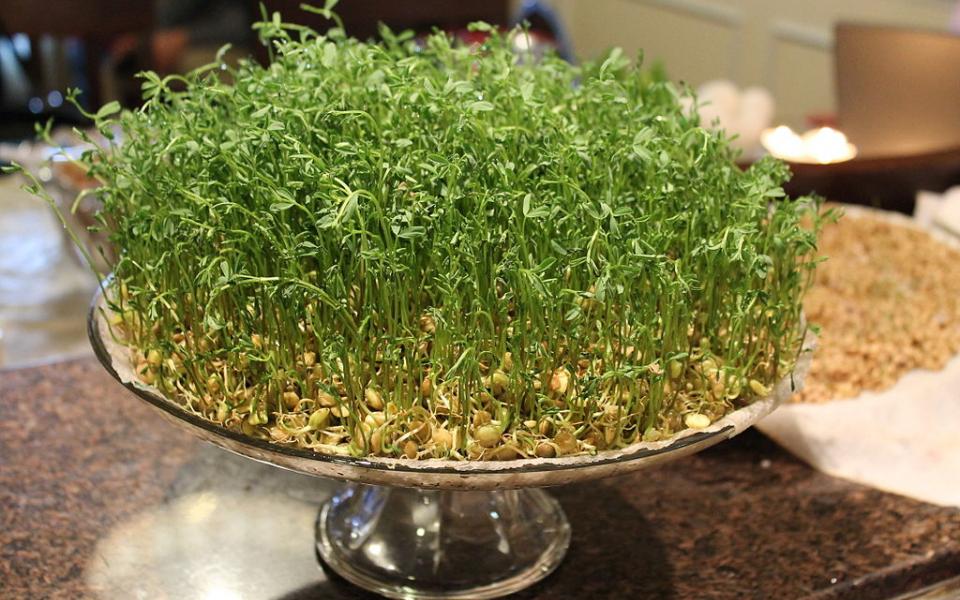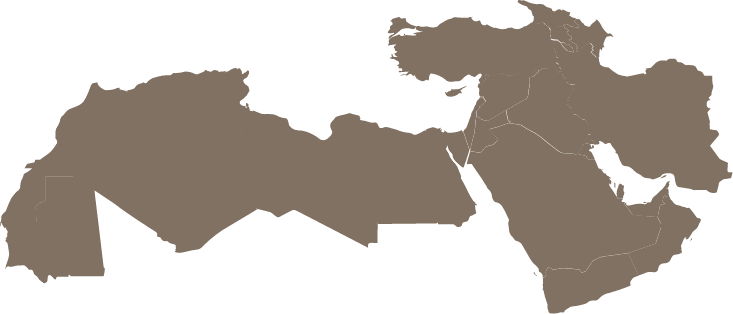
Photo of sprouted sabzeh by ChadPerez49
Naw-Rúz is the first day of the Bahá'í calendar, which takes place on the vernal equinox each year. Beginning in Iran, Naw-Rúz is now celebrated by those of the Bahá'í faith throughout the world. The beginning of the new year signifies a close to the preceding month of fasting, which is often celebrated with dinner, music, prayer, and dancing.
Many families sprout a platter of sabzeh (often wheat grass or sprouted lentils) in anticipation of Naw-Rúz. The sprouted sabzeh becomes a decoration representing springtime on the Haft-Sin table symbolizing abundance, happiness, and health.
Cooperation Circles are formed by people of at least three different religions, spiritual expressions, and indigenous traditions. Celebrating each other's feasts has become a way to show mutual respect and appreciation. Explore our Cooperation Circles, many of whom will be celebrating Naw-Rúz around the world with their Baha'i friends.
